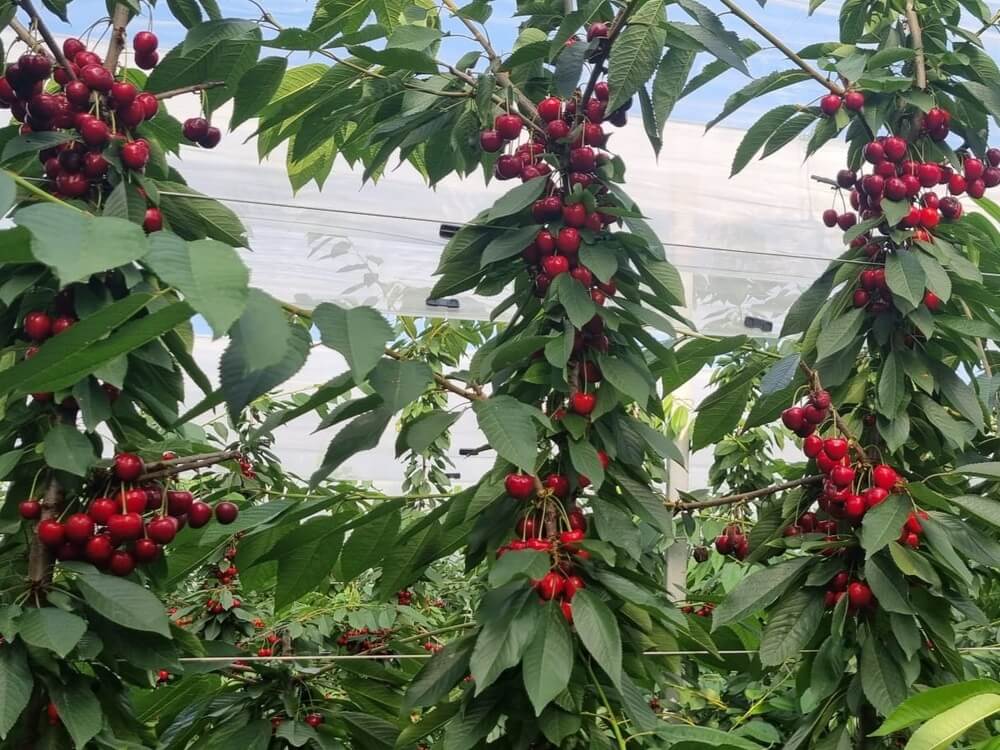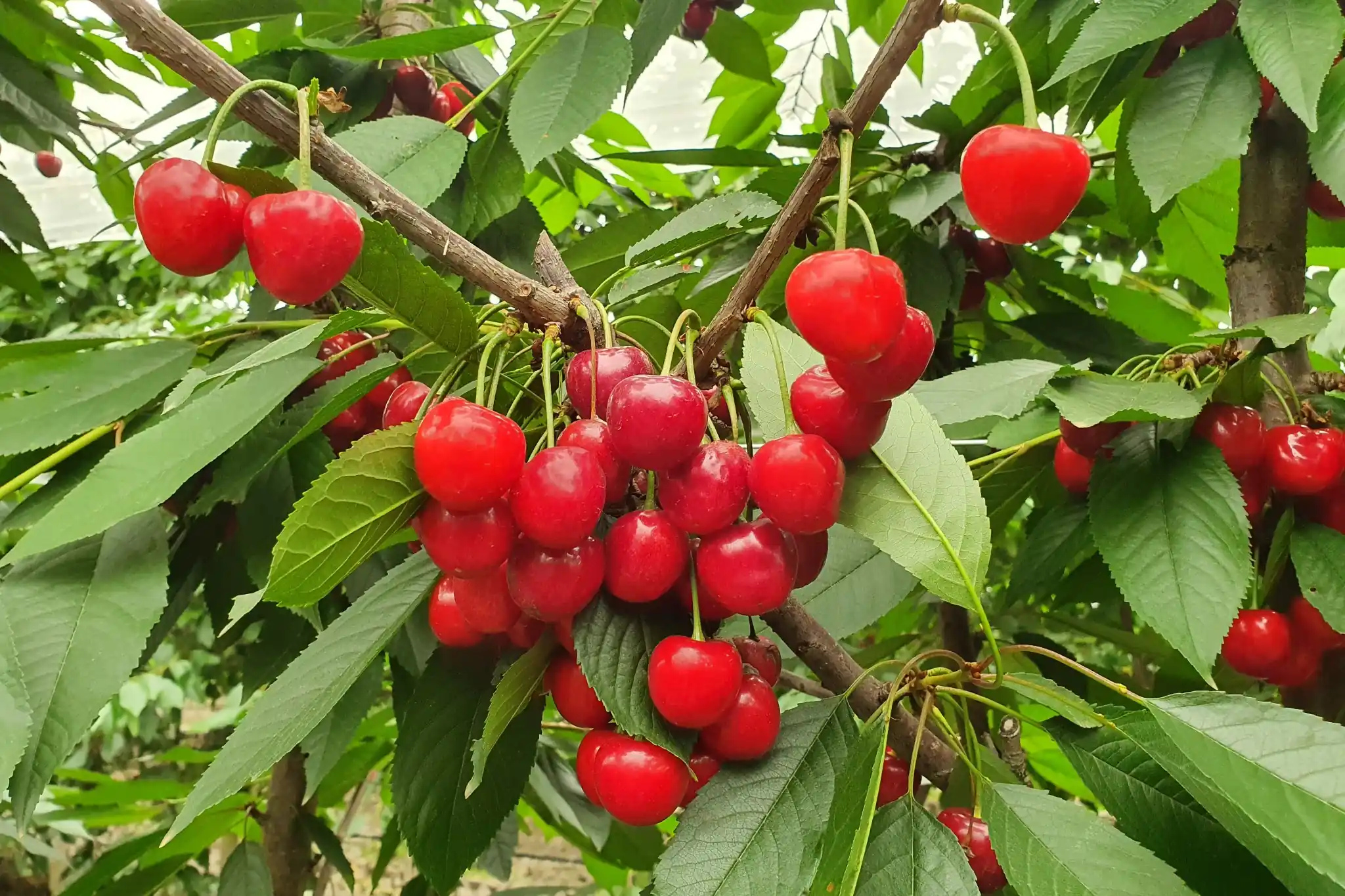Cherries? "They want them plastic." Paolo Laghi, a partner of the company managing Battistini Vivai, starts with a joke during the inauguration of the new micropropagation laboratory near Cesena. "They're looking for fruits resistant to extreme events."
Climate is changing and entrepreneurs and research institutions are seeking solutions to climate change. Innovation is needed to win the challenge. Battistini Vivai believes in this and after years of planning, they cut the ribbon and introduced VitroLeaf.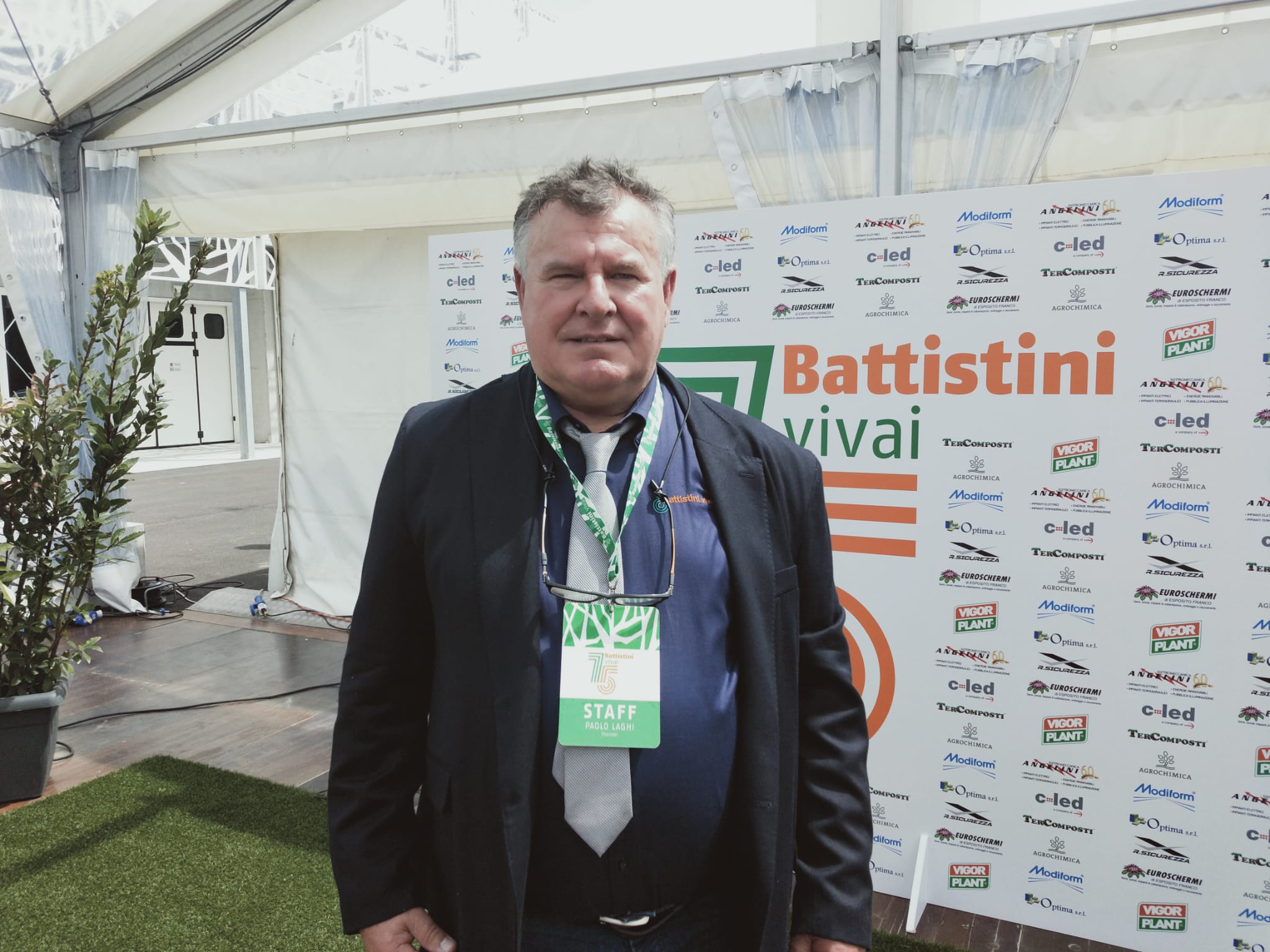 Image 1: Paolo Laghi.
Image 1: Paolo Laghi.
It's not just a simple laboratory but a real vertical farm that rises eight meters high, traversed by autonomous machines and animated by robots that speed up work, ensuring great safety thanks to production in a sterile environment.
Paolo Laghi, in the company, deals with cherries and explains to Cherry Times the novelties of this business innovation that allows digitalization and therefore greater control of all production phases with greater product traceability.
 Image 2: Director of VitroLeaf, Massimiliano Meneghini
Image 2: Director of VitroLeaf, Massimiliano Meneghini
How important is the cherry in the company?
About 35% of our production. We have specialized in cherries also due to the wide range of rootstocks we have in production. For a species that has a very seasonal productivity, about 60 days, having 18 different rootstocks and a varietal assortment of over 190 varieties is a surprising fact.
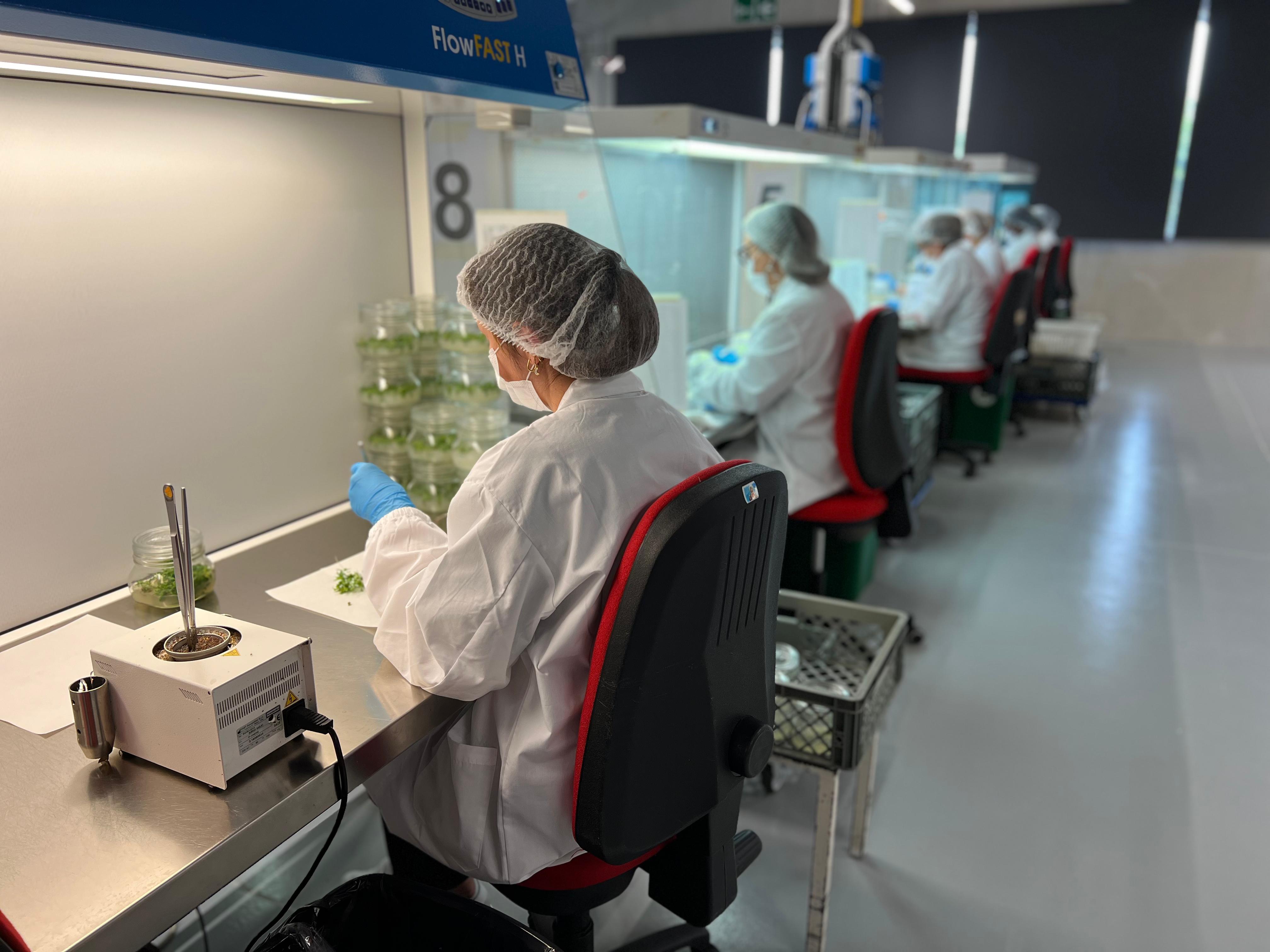 Image 3: In vitro production, hood room.
Image 3: In vitro production, hood room.
Is there also a varied market demand?
Both the rootstocks and the varieties are intended for the different areas we cover, so we have Eastern countries that prefer Gisela 6 and Maxma 14, Spain which prefers Maxma 60 or Malebo, Portugal Maxma 60, Greece CAB6P. Each country has its reference combination of rootstock varieties.
Due to our passion for this work, cherry growing has developed in a particular way.
How many cherry plants do you produce?
We produce between 350,000 and 400,000 plants annually, and for what concerns rootstocks, we produce approximately 2.5/3 million cherry rootstocks.
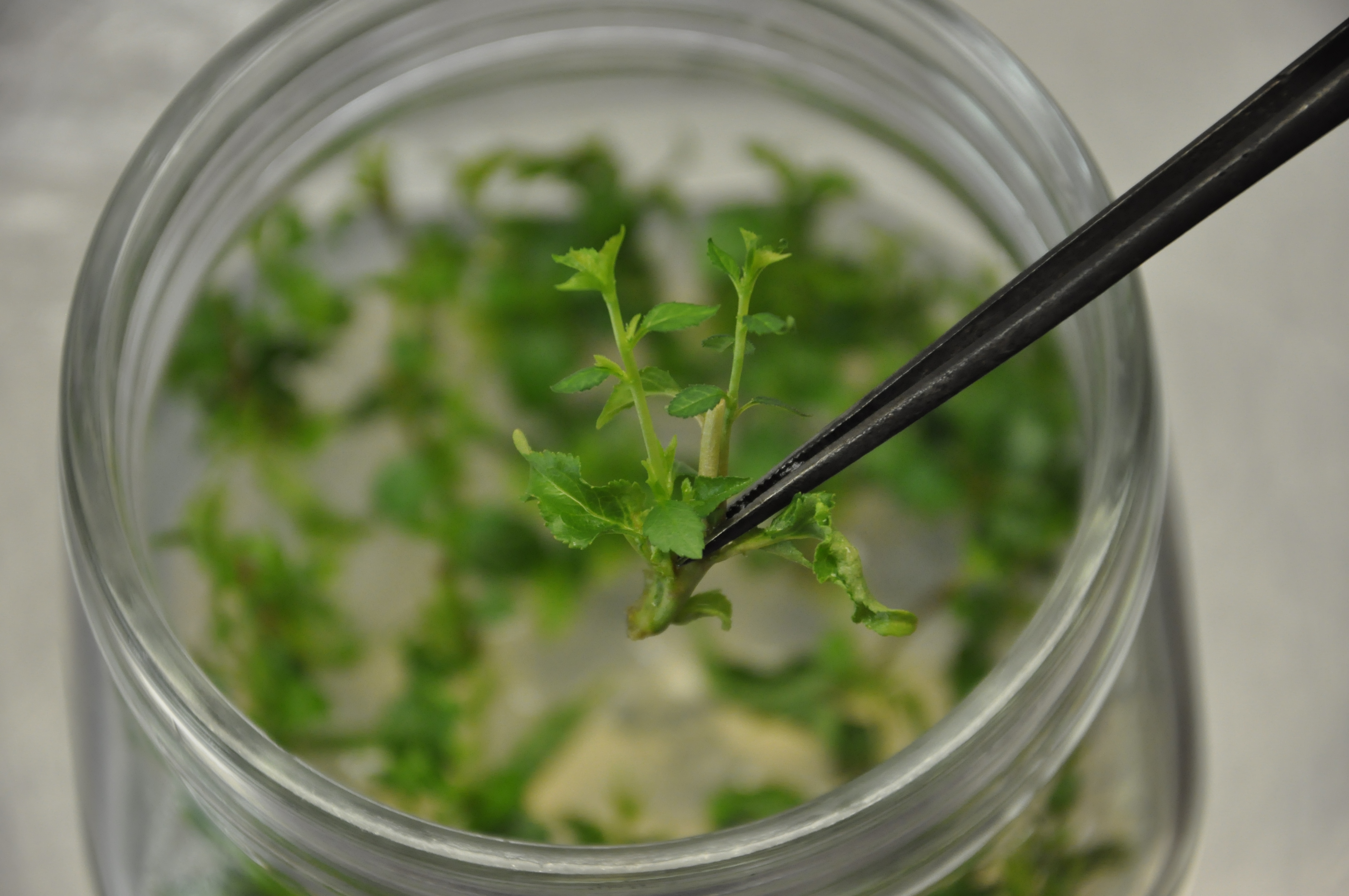 Image 4: Micropropagated plants.
Image 4: Micropropagated plants.
The main market trend?
Demand for fruits resistant to cracking, also because nowadays it's absolutely necessary to have rain and insect-proof cover to start a plantation. And the investment cost is so important that you can't afford to take risks.
With the agricultural situation we have, few companies are able to cover these investments. A protected plantation costs over 100,000 euros.
In Eastern countries, more and more companies, after testing plants ready for planting, turn to rootstock requests to produce themselves because labor costs are lower there. Although then you have to evaluate the quality of the work, the basics of nursery are lacking.
Gianbasilio Nieddu
Images: Battistini Vivai
Cherry Times - All rights reserved









